Structured Query Language (SQL) Tutorial
Beginner
8h 44m 38s
54
Course Content
Introduction
-
03:36
-
06:15
-
04:26
-
03:36
-
04:30
-
Quiz
SQL Fundamentals – 1
SQL Fundamentals – 2
Aggregate Functions
SQL Joins
SQL Group By
Conditional Expressions
SQL Sub Queries
SQL Set Operators
SQL Functions
SQL Create & Alter Statements
SQL Constraints
Course Quiz
About Course
Structured Query Language (SQL) is a standard language used for storing, modifying and reading the data from the databases. SQL is the most popular database language. This course on SQL is designed to extensively cover the concepts of the most used language in the field of data warehousing. This complete tutorial of SQL will give you the overall understanding of the language. The concepts are explained in simple words which will make you get a better understanding. This tutorial includes hands-on demo on the concepts of SQL which makes the learning easier and lay a strong foundation of the language.
Approach is to explain in conversational/colloquial Kannada to reinforce the learning and for better understanding.
Contents of the course are as below
1. Introduction to SQL : This covers the basic concepts of data and database. We learn about the types of database. It introduces you to the world of Database Management Systems. We will get to know about the installation of Oracle database and SQL Developer.
2. SQL Fundamentals 1 : In this segment we will cover the syntax of SQL. The important concept of Data Types. We learn about the types of SQL commands and each type in detail. We will get to know the Operators used in SQL.
3. SQL Fundamentals 2 : This is the part 2 of the SQL fundamentals. In this topic we get to learn the most basics of SQL yet so important. We will learn the most used command in SQL, the SELECT statement. This segment also covers the SELECT DISTINCT, COUNT and ALIAS concepts in detail. We will learn how to use the WHERE clause.
4. SQL Aggregate Functions : This topic covers the concepts of ORDER BY clause. We deep dive into the world of data manipulation commands like INSERT, UPDATE and DELETE. We explore a bit of mathematics fun by learning the Aggregate Functions with the real world examples.
5. SQL Joins : In this topic we get introduced to the world of JOINS. We learn the types of joins and look into each type comprehensively. We study the INNER, LEFT OUTER, RIGHT OUTER, FULL OUTER and SELF Join.
6. SQL GROUP BY : This topic covers the GROUP BY clause. We also emphasize on the concept of HAVING clause.
7. SQL Conditional Expressions : In this module we will learn about the CASE Statement and DECODE function. We will look into the NVL function. This module also covers the concept of comments.
8. SQL Sub Queries : This topic covers the SQL Sub Query concepts and the Types of Sub Queries. We also learn the EXISTS, ANY and ALL operators.
9. SET Operators : In this segment we get introduced to the concepts of SET operators. We learn the UNION, UNION ALL, INTERSECT and MINUS set operators in detail.
10. SQL Functions : This topic covers the introduction to SQL functions and we also learn few important functions used frequently. We learn to convert the data types. This segment also covers the very important concept of MERGE.
11. SQL CREATE & ALTER Statements : In this module we will learn how to create new tables using CREATE statement, alter the existing table using ALTER statement. We also learn the DROP command and the VIEWS.
12. SQL Constraints : In this last module of the course we will look into the concepts of SQL constraints. We will learn the NOT NULL, UNIQUE, PRIMARY KEY, FOREIGN KEY, CHECK and DEFAULT Constraints in detail. We will wrap up the course with the concept of INDEX.
Benefits of the Course:
1. Get a complete overview of Structured Query Language.
2. Concepts explained in Kannada for better understanding.
3. On the Go demo of the concepts by running the SQL statements in SQL Developer.
4. Quizzes after each module to reinforce learning.
5. Course completion certificate from Kaliyona.




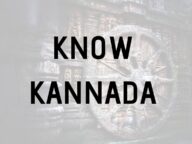




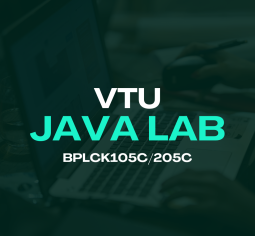
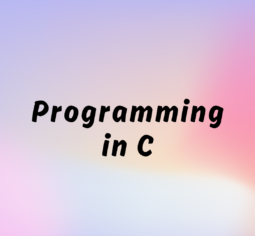

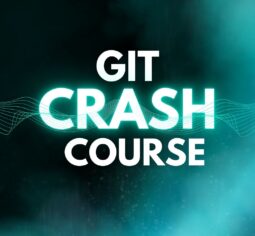
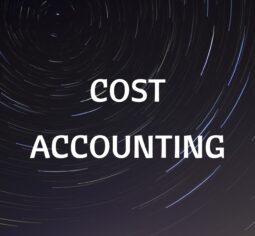
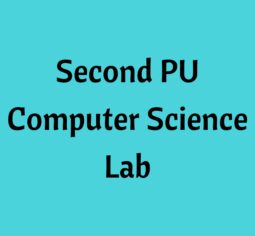
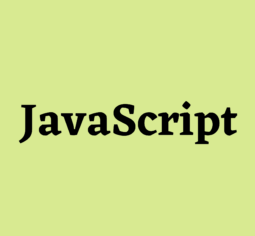
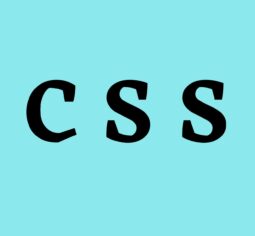
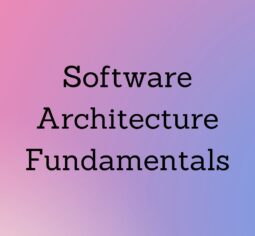
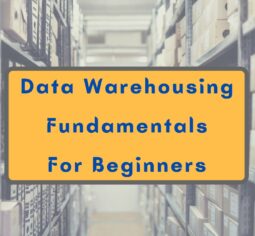
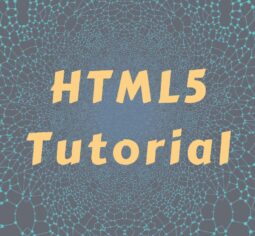
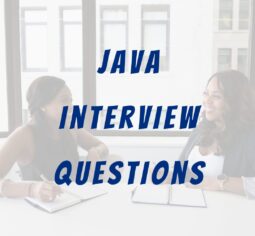
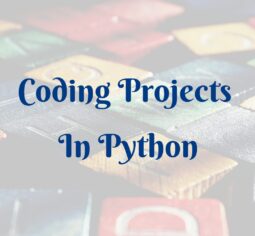
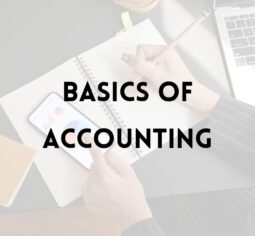
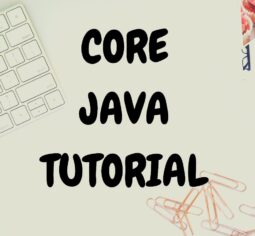
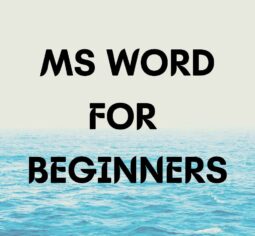
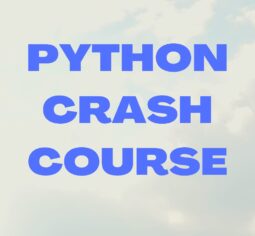
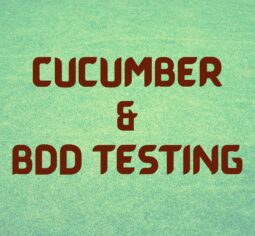
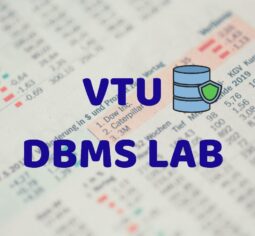
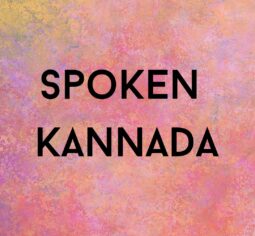


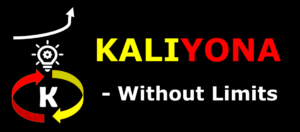
GREAT JOB..